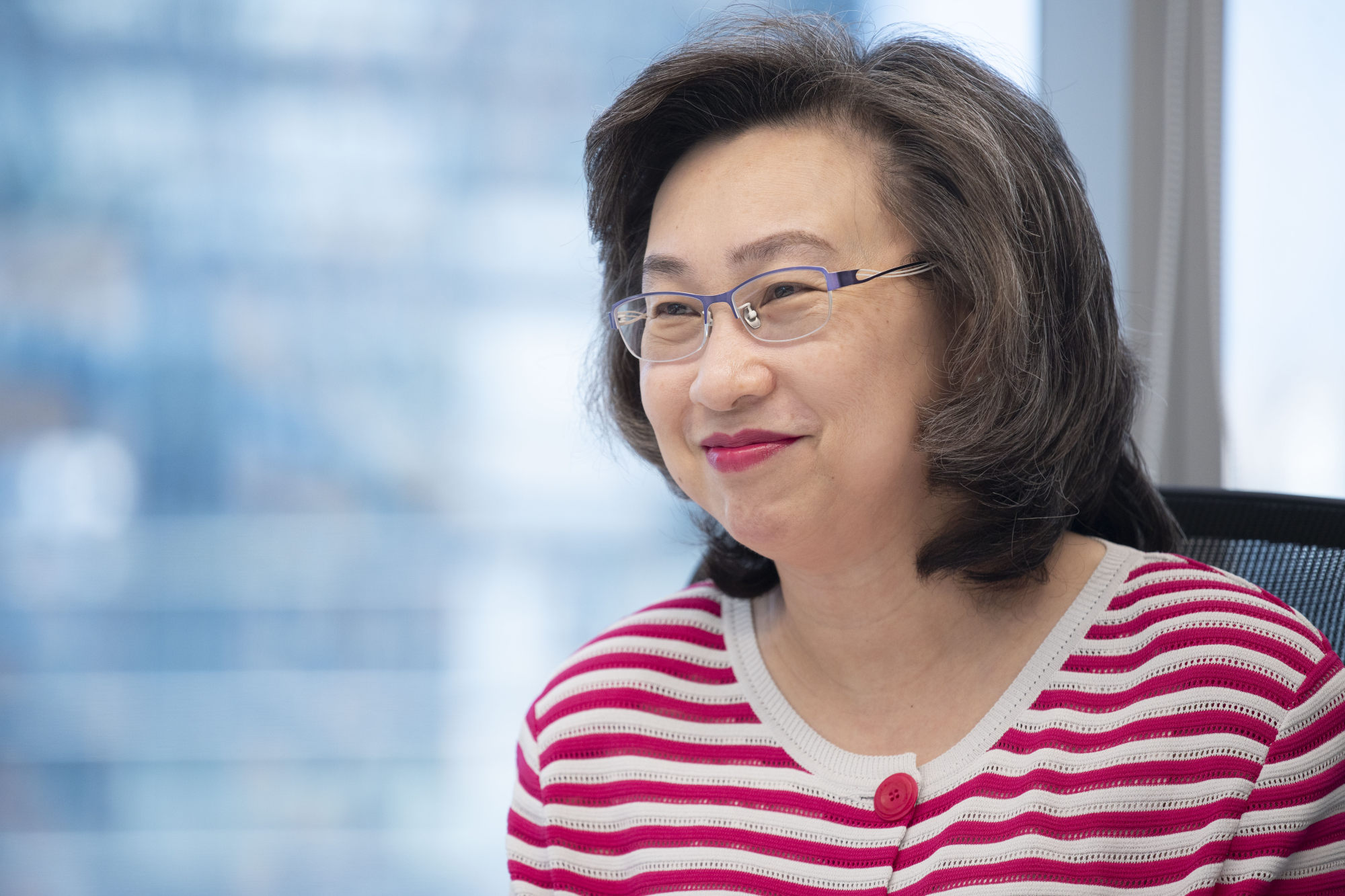Hong Kong to rely on tech to replace some frontline civil servants, minister says
To achieve that aim while also providing more public services, Yeung’s bureau was relying on rapid advances in technology to review manpower needs and work procedures, she said.
“In future, more and more frontline, simple jobs will have to be done by technology. [Some are] simply not cost-effective to be done by human hands any more. With technology, there will be fewer mistakes, there will be greater precision,” she said.
“And also, you can always do the work round the clock, so the productivity will be higher.”
She pointed to workers staffing the shroff offices of various departments as an example and said increased adoption of technology could also partly explain the high vacancies in certain departments, such as the public broadcaster.
RTHK had 175 unfilled jobs as of last November, or 23.8 per cent of its total positions, the highest of any department.
“There have been a lot of technological developments that can help with editing and proofreading. They’re employing that,” she said.
Overall, the vacancy rate across government bureaus and departments stood at 10.3 per cent, with 19,744 posts unfilled.
The following year, officials reported that 129 colleagues failed to do so and most resigned or faced dismissal.
In the 2022-23 financial year, 3,863 civil servants resigned, including 45 administrative officers and 230 executive officers, roles seen as ideal for young elites aspiring to be promoted to leading government positions.
The starting salary for the former is HK$60,065 (US$7,700) and the latter is HK$34,060, according to recruitment advertisements last year.
Yeung said all sectors of Hong Kong’s economy were dealing with a shortage of manpower and the civil service was also “inevitably affected”.
But joining the government remained an “attractive” option among young jobseekers, she insisted, while adding the across-the-board 3 per cent pay rise this year might have “disappointed” some civil servants.
Yeung said the number of applicants for those roles in last year’s recruitment exercise rose by one-third, pledging authorities would intensify efforts to especially attract school-leavers.

Over the past two years, officials have toured local and mainland Chinese universities including in the cities of Shenzhen, Guangzhou, Shanghai and Beijing, to find Hong Kong students interested in filling the roles.
Of the latest batch of administrative officers, “a few” had previously pursued higher education on the mainland, and two others were born over the border before studying in Hong Kong and later becoming permanent residents, Yeung noted.
The minister also said the administration had no plans to change the requirement in the Basic Law, the city’s constitution, to allow the government to hire mainland citizens as civil servants.
“Civil servants need to be familiar with Hong Kong’s situation and need to be familiar with the demands of the Hong Kong community,” she said. “I think Hong Kong permanent residents are better suited [for the roles],” she said
“For mainlanders who have settled in Hong Kong, as soon as they have become permanent residents, they are eligible to apply.”